On July 1, the National Medical Products Administration (NMPA) released a draft announcement for public consultation regarding pilot zones using imported bezoar for the production of traditional Chinese medicine (TCM). The draft, issued jointly by the NMPA and the General Administration of Customs, outlines new regulations to address the domestic shortage of bezoar. It is well received by industry insiders in the traditional Chinese medicine sector, who view this trend as beneficial for the production of TCM that relies on natural bezoar as a key ingredient.
Bezoar, also called gallstones, is a rare substance formed from the gallbladder of cattle. It is widely used in TCM clinical practice, with the most notable and frequently used product being Angong Niuhuang Wan. It is primarily used to treat febrile diseases, convulsions, strokes, high fever with coma and other related conditions. The price of natural bezoar has been rising since 2023.
Liang Zunxiao, associate chief physician at the Department of TCM at the Second Affiliated Hospital of Hainan Medical University, believes that allowing pilot zones to use imported bezoar in the TCM production has great significance. "Due to the scarcity of natural bezoar and increasing demand from an aging population and rising incidence of stroke, the supply of bezoar cannot meet current needs. Based on my understanding, China produces about 600 kilograms of natural bezoar annually, while the market demand is approximately 5,000 kilograms, resulting in a significant shortfall," Liang said.
Historically, imports have been a critical source of bezoar in China. After the global mad cow disease outbreak around 2000, the former NMPA, following State Council directives, issued bans on using imported cattle-derived materials, including natural bezoar, desicol, and cattle bone powder, in TCM production. Consequently, the General Administration of Customs ceased quarantine inspections for imported bezoar, and it was removed from the list of approved animal and plant-derived medicinal materials for quarantine. Since then, no new imports of bezoar have been approved.
This year, to address the ongoing shortage, the NMPA and the General Administration of Customs have partnered with relevant departments to study the feasibility of policy adjustments. The study includes reviewing scientific data, current mad cow disease conditions, WHO Codex regulations, and measures for quarantine and risk control of imported bezoar.
Based on these studies, the draft proposal allows for the importation of bezoar from countries and regions free from mad cow disease. The imported bezoar must pass Chinese customs quarantine and port drug inspections to be used in TCM production. The announcement specifies the requirements for the source countries, importing companies, customs procedures, application processes, and inspection units.
During the two-year pilot period, bezoar from compliant regions that meets Chinese customs and quality standards will be permitted for use in TCM production. After the pilot period, the results will be evaluated, and the program may be expanded nationwide.
Liang welcomed the new regulations, stating that they would significantly alleviate the domestic supply shortage of bezoar. Currently, the ingredient is priced between 800 and 1000 yuan ($110-137) per gram, making it more expensive than gold. Allowing imports could substantially reduce the price of Angong Niuhuang Wan, benefiting many patients. Although there may be some differences in the pharmacological properties of domestic and imported bezoar, the efficacy should be consistent.
An employee of Beijing Tong Ren Tang Group, one of the first China Time-honored Brands, acknowledged in an interview with 21st Century Business Herald that allowing the import of bezoar may lower its price. In recent years, in response to the ingredient's escalating raw material costs, Tong Ren Tang has implemented several price hikes for its Angong Niuhuang Wan.
Zhang Qicheng, a professor at the Beijing University of Chinese Medicine's School of Chinese Classics, also supports the move. In a previous interview with China News of Traditional Chinese Medicine, he suggested that importing companies establish comprehensive traceability systems covering overseas testing, transportation, customs clearance, warehousing, TCM production, and sales. Such measures would ensure that all processes are strictly controlled, quarantined, and traceable.









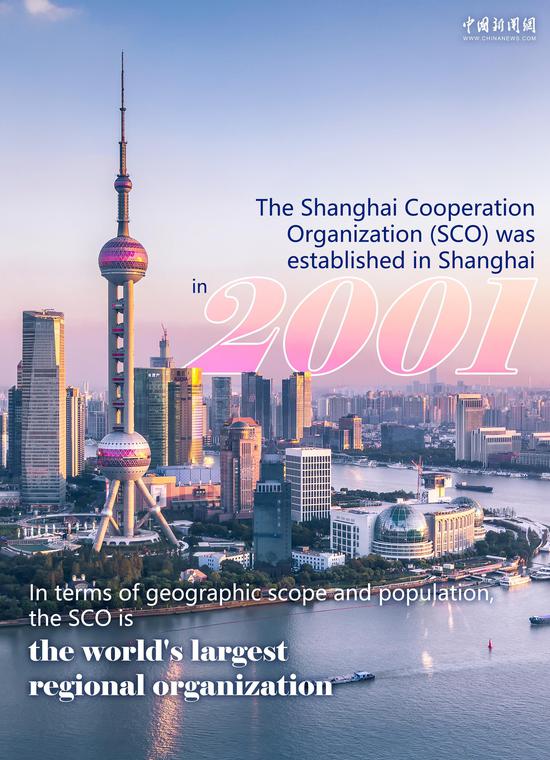

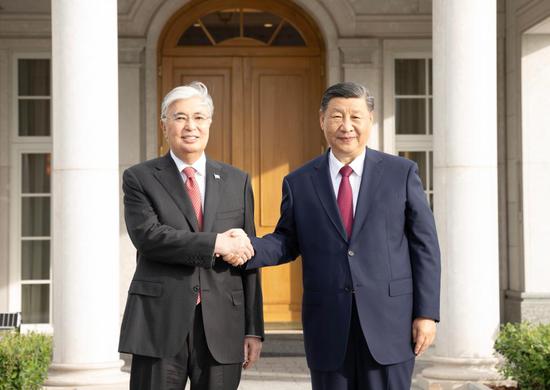
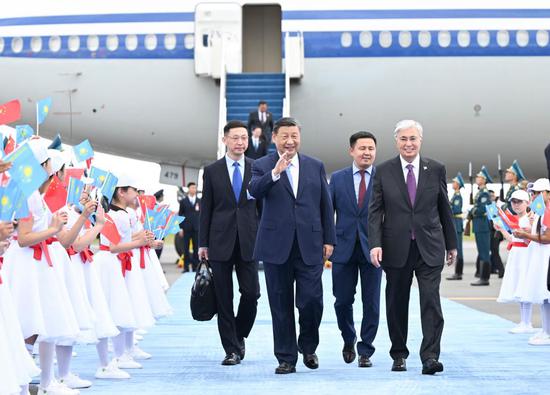
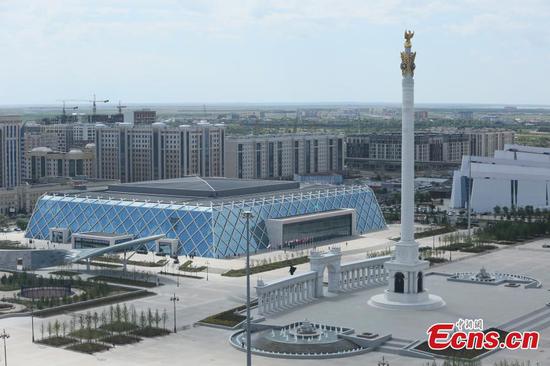
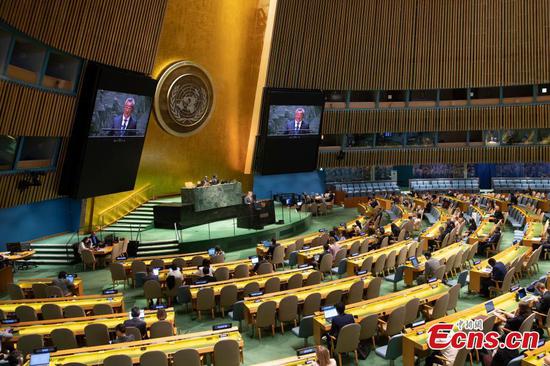


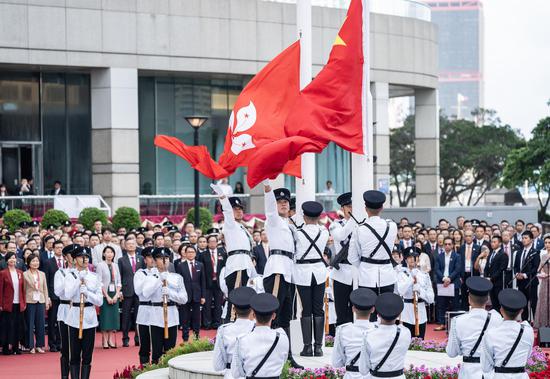



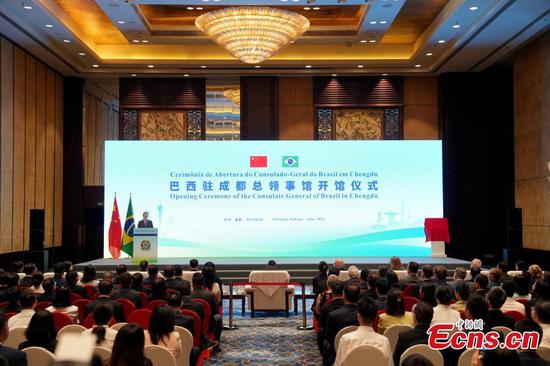
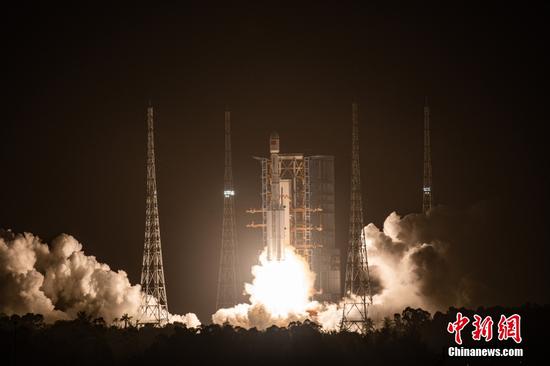

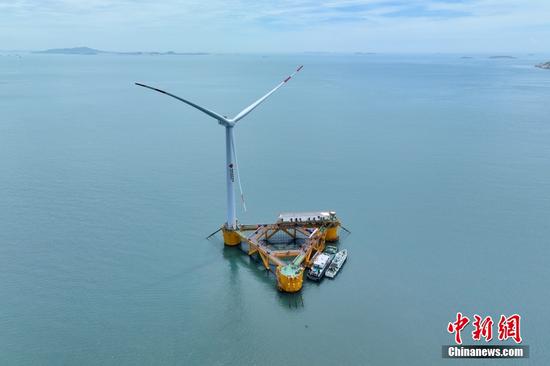
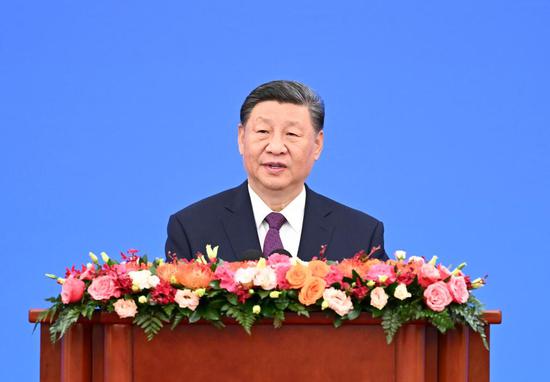
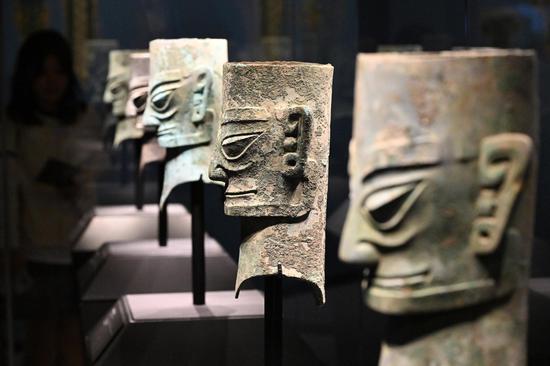
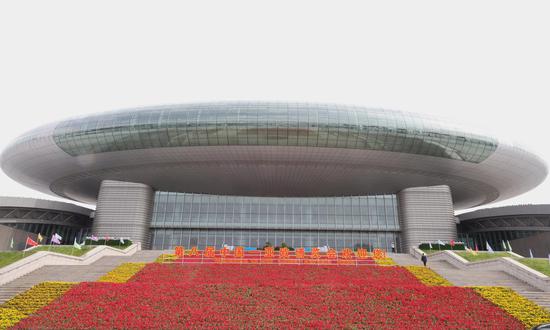


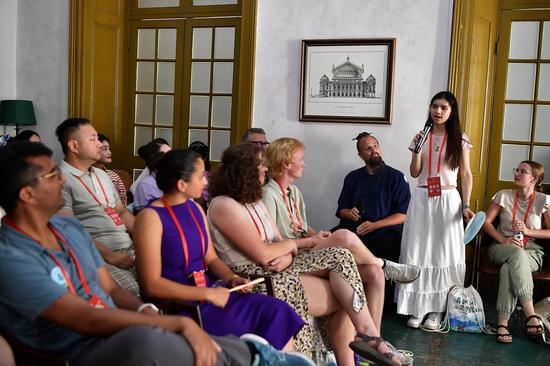
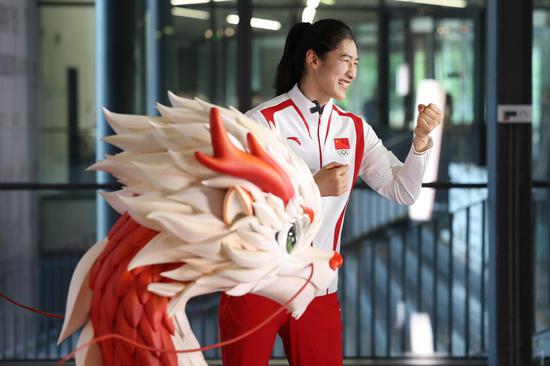




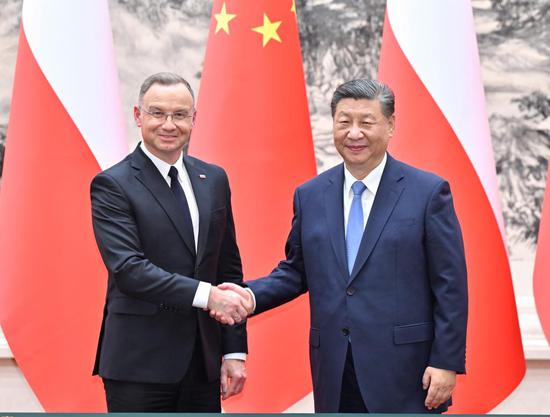
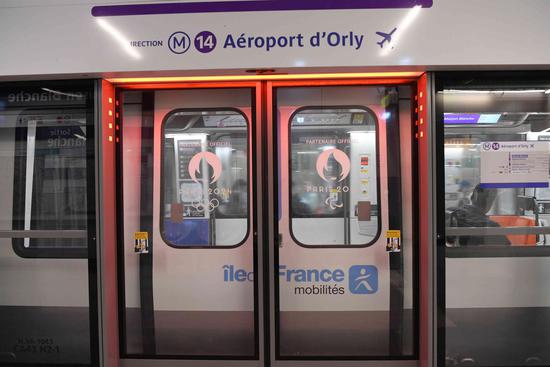



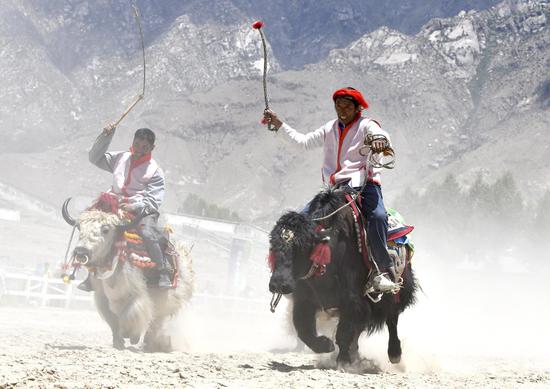
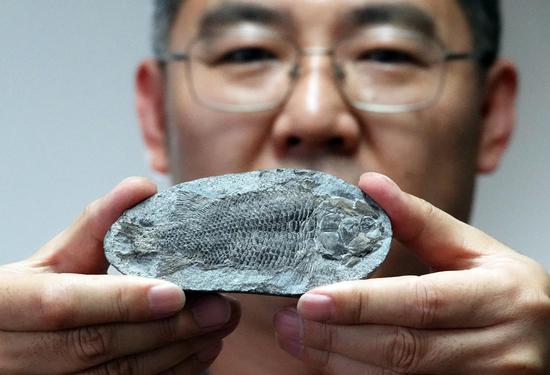
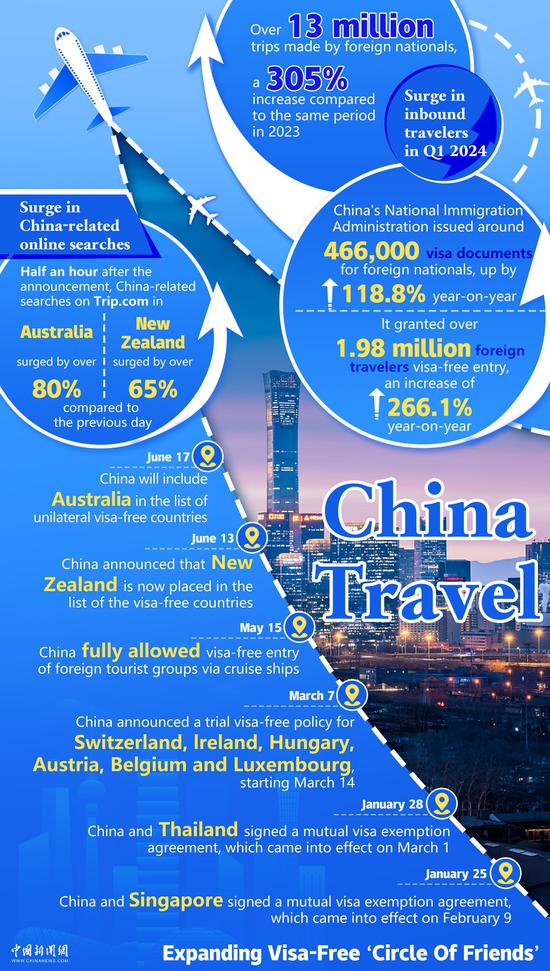






 京公網安備 11010202009201號
京公網安備 11010202009201號